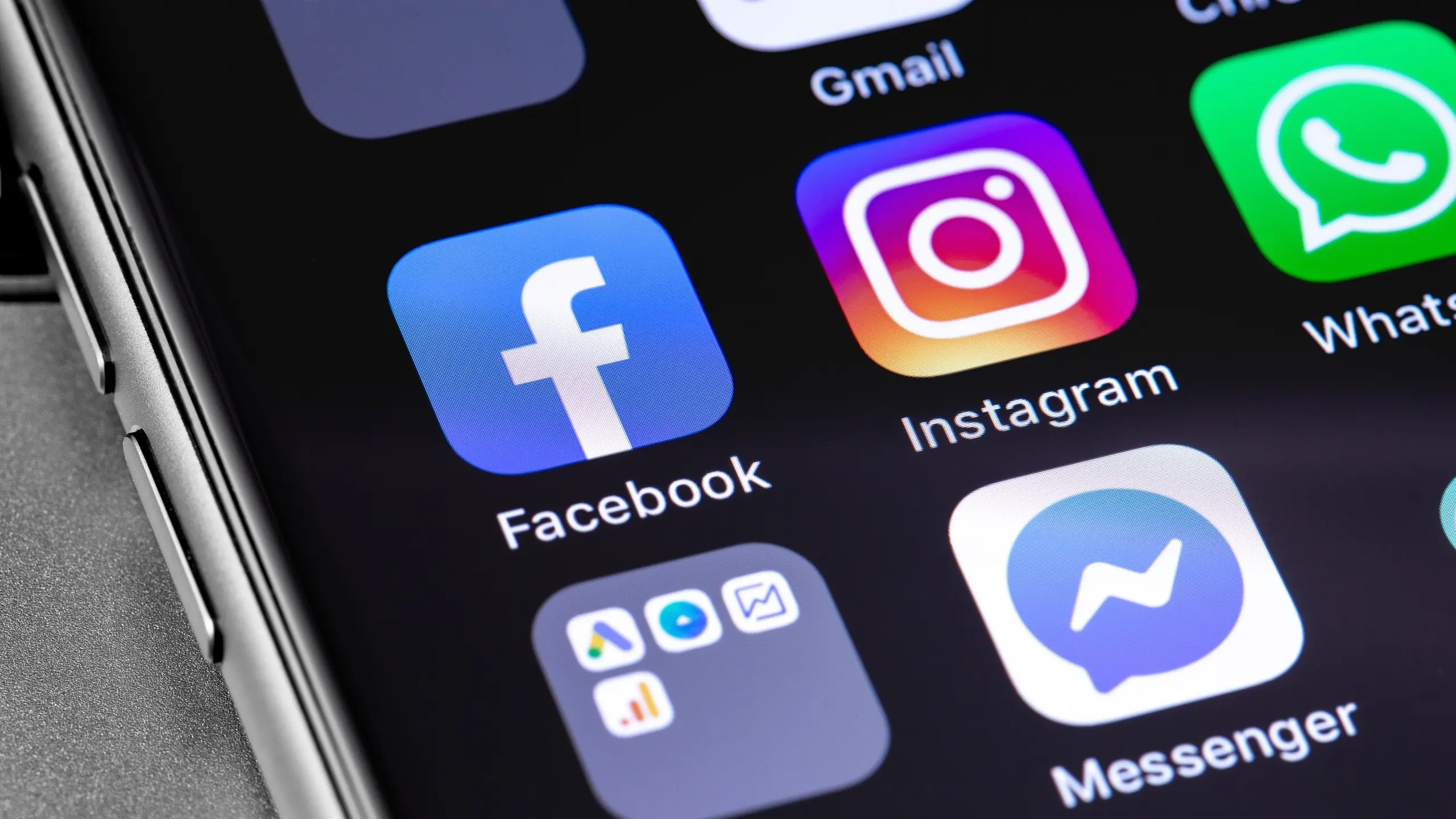|
Getting your Trinity Audio player ready...
|
The Alabama Senate passed two bills, SB186 and SB187, both sponsored by Sen. Clyde Chambliss, R-Prattville.
SB186 aims to establish that, starting Jan. 1, 2027, all new smartphones or tablets made and sold must have a built-in content filter that automatically blocks obscene content when the user is identified as a minor. The legislation defines “obscenity” using language from existing Alabama code and applies specifically to internet-connected devices such as smartphones and tablets.
“As a society have long, long, long protected our children from these type materials. What we want to do today is simply protect them from these type materials in a digital sense,” said Chambliss.
If the person setting up the device is a minor, the filter would automatically turn on during activation. Only someone with a password would be able to turn it off or back on. The bill also includes language making any person, other than a parent or guardian, civilly liable if they knowingly enable the password to disable the filter on a minor’s device and the minor subsequently accesses obscene content.
Manufacturers, not retailers, would also be held civilly liable. If a device activated in Alabama lacks the required filtering features and a minor accesses obscene material, the manufacturer could face fines of up to $5,000 per violation, with a maximum aggregate penalty of $50,000. The bill also allows Alabama’s Attorney General to seek injunctions, subpoena information during investigations, and pursue the revocation of a company’s license to operate in the state for noncompliance.
“Surely we’ve put laws on the books about this before now. We have but those laws were written at a time that we didn’t have a supercomputer in our pockets,” said Chambliss.
SB187, also called the App Store Accountability Act, would impose a range of requirements on app store providers and developers to better protect minors online. App store providers would be required to verify users’ ages and link minor accounts to verified parent accounts. They would also need to obtain parental consent before allowing minors to download or purchase apps or make in-app purchases.
The bill mandates that providers notify users, including parents of minors, when an app changes, such as changes to data collection, monetization or user experience, and obtain renewed parental consent. Developers must inform app stores of these changes and can only use age data for legal compliance, safety or age-related restrictions.
Both app store providers and developers would be prohibited from enforcing contracts with minors unless parental consent has been verified. They would also be barred from misrepresenting information in consent disclosures or sharing personal age verification data, except as required by law.
“We have access to information from all over the world. Good information, helpful information, useful information, information that makes our lives better. But in this fallen world that we live in, we also have those that use good for bad,” said Chambliss.
If passed, SB187 will take effect on Oct. 1, 2026. The bill goes on to the House for consideration. SB186 has been referred to the House Commerce and Small Business Committee.












































